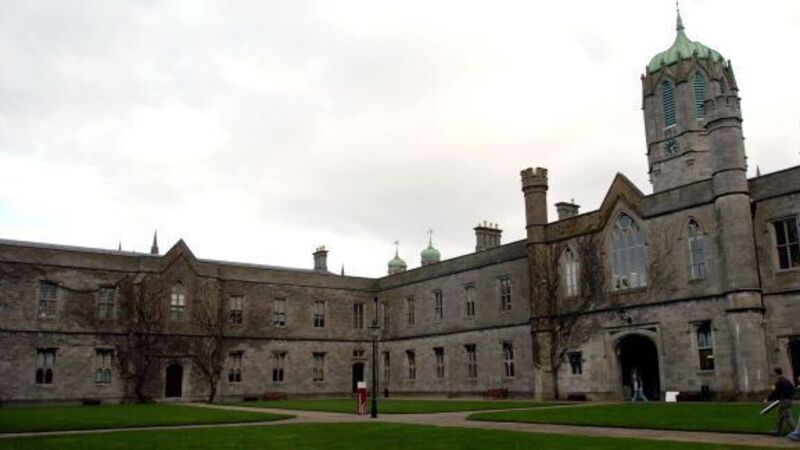Second-class citizens - Change of attitude is still required

In 1970s Ireland a married woman could not collect child benefit (then children’s allowance), was effectively banned from jury service, was deemed to have the domicile of her husband, had no right to a share in the family home and could not even buy a pint in a pub. Many had to quit their jobs under the Marriage Bar.
That has now all changed for the better — or has it?














